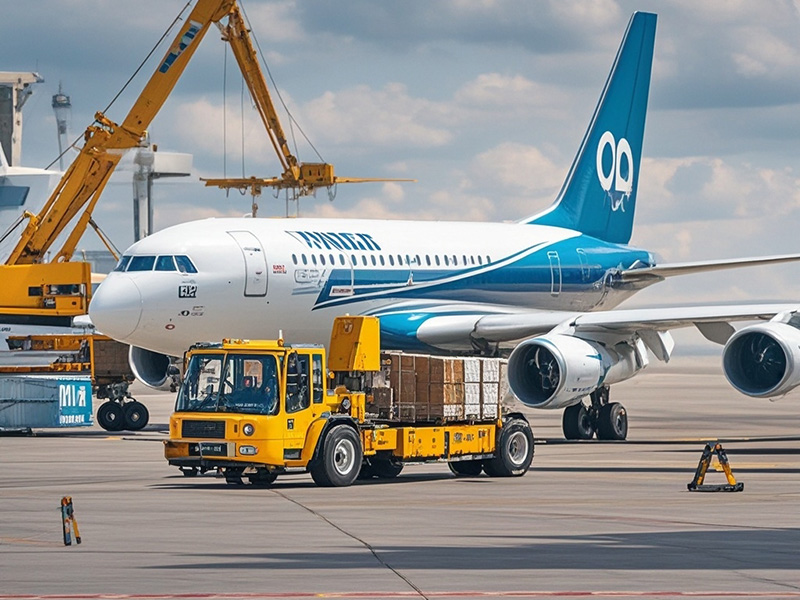Located at the intersection of Asia, Africa, and Europe, and adjacent to the Indian Ocean and the Mediterranean Sea, the Middle East holds a highly strategic geographical position. This makes Middle Eastern logistics and express delivery an ideal hub for connecting major global economies. Goods from Asia, Europe, or Africa can all flow rapidly through the region’s ports and logistics networks.

The Middle East is home to some of the world’s most modern and efficient ports. Port facilities in cities such as Dubai, Abu Dhabi, and Doha are globally renowned, offering not only high-quality loading/unloading and warehousing services but also connecting to destinations worldwide. The region has also heavily invested in constructing highways, railways, and logistics centers to ensure efficient transportation and distribution of goods.
The Middle East’s air transportation network is equally prominent. Regional airlines like Qatar Airways and Emirates hold a pivotal position in international air freight. They provide high-quality cargo services, rapidly delivering goods worldwide and facilitating the flow of international trade.
Middle Eastern cross-border logistics is actively promoting logistics digitization and sustainability. By introducing new technologies and smart logistics solutions, Middle Eastern countries have improved logistics efficiency and reduced costs. The focus on sustainability has also made the region’s logistics industry more environmentally friendly, minimizing negative ecological impacts.
The future of Middle Eastern special logistics lines appears bright. Their geographical location, excellent port facilities, efficient logistics networks, and growing investments will further solidify the Middle East’s role as a global trade connector. Meanwhile, with the advancement of digitization and sustainability, Middle Eastern logistics will continue to adapt to evolving market demands and contribute to global trade prosperity.
The prosperity of the Middle Eastern express delivery industry not only boosts the region’s economic growth but also provides a solid foundation for optimizing global supply chains and developing international trade. Through continuous innovation and investment, the Middle East will continue to play a vital role in the global logistics landscape.




 24-hour Online Customer Service
24-hour Online Customer Service Get a quote immediately
Get a quote immediately Xycargo International Freight Forwarding Company
Xycargo International Freight Forwarding Company 



